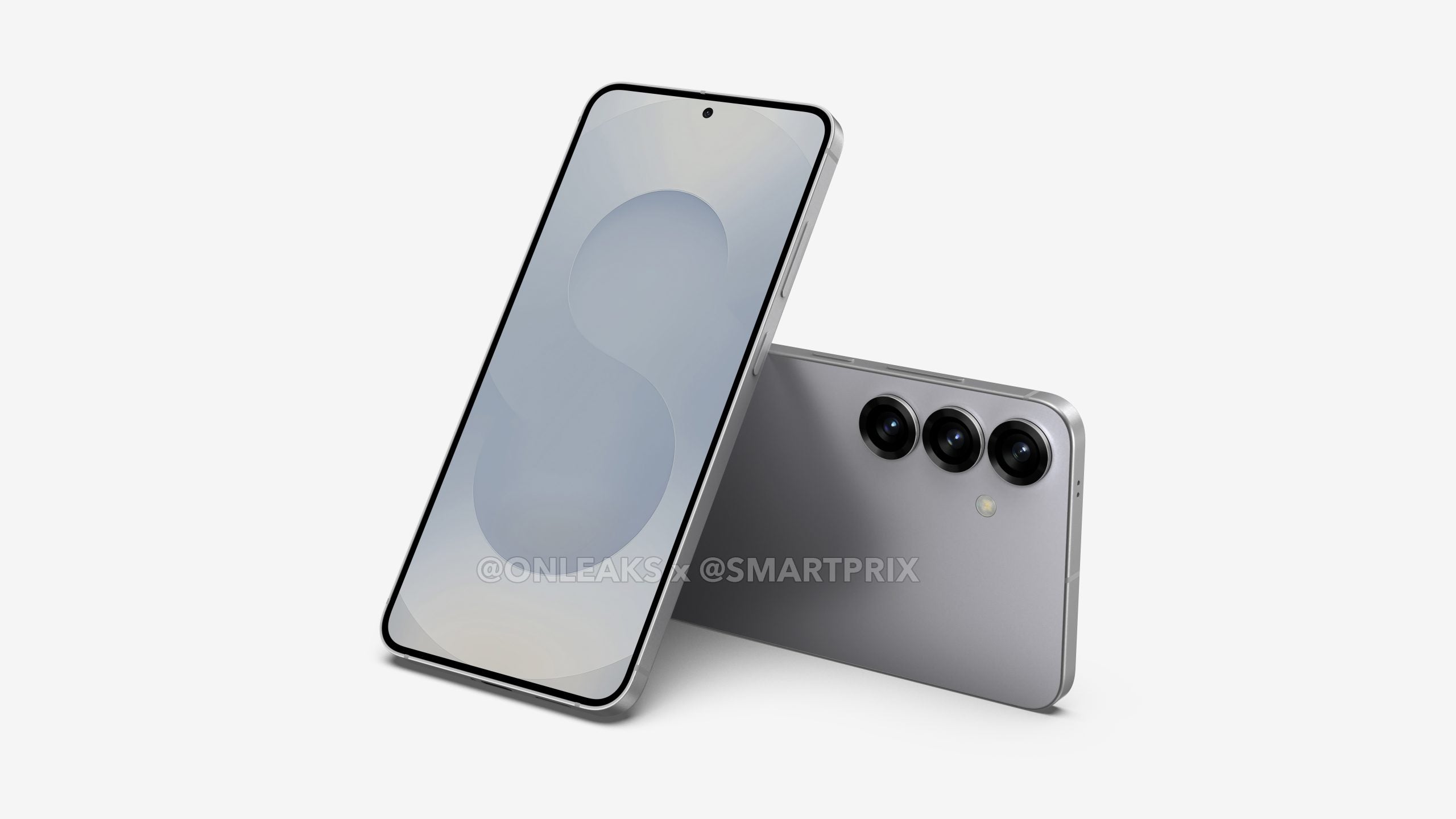Simplify Your Development with DevContainers in Docker and VS Code
Overview Modern development environments often require consistent setups to ensure smooth collaboration and efficient workflows. However, achieving this can be a daunting task when dealing with diverse operating systems, dependencies, and tools. Enter DevContainers, a powerful feature of Docker and Visual Studio Code (VS Code) that simplifies and streamlines the development process. In this guide, we’ll explore how DevContainers can revolutionize your workflow, making development faster, more consistent, and easier to manage. What Are DevContainers? DevContainers, short for Development Containers, are a feature that allows you to run your development environment inside a Docker container. This means you can define a consistent environment, complete with all dependencies, configurations, and tools, in a version-controlled file. VS Code seamlessly integrates with Docker to spin up these environments, ensuring you and your team work in identical setups regardless of the host machine. Why Use DevContainers? Key Benefits Consistency Across Environments: Say goodbye to the dreaded "it works on my machine" issue. DevContainers ensure that every developer works in an identical environment. Simplified Onboarding: New team members can get started quickly without spending hours installing dependencies or troubleshooting environment issues. All they need is Docker, VS Code, and your repository. Isolation: Keep your development environment isolated from your host machine to avoid conflicts between project dependencies. Version Control for Environments: Your DevContainer configuration file (devcontainer.json) lives in your repository, making your development setup version-controlled and reproducible. Portability: Work on your project from any machine with Docker and VS Code installed, regardless of the underlying operating system. Setting Up a DevContainer Prerequisites Install Docker. Install Visual Studio Code. Install the Remote - Containers extension in VS Code. Step-by-Step Guide Adding DevContainer Support Open your project in VS Code. Press Ctrl+Shift+P (or Cmd+Shift+P on macOS) and type Add Development Container Configuration Files. Select the appropriate configuration for your project. For Node.js, choose "Node.js." This will create a .devcontainer folder in your project, containing: devcontainer.json: The configuration file for your container. A Dockerfile (optional): Defines the container’s base image and setup. Customizing the DevContainer Modify the devcontainer.json file to include additional settings, dependencies, or extensions. Example: { "name": "Node.js DevContainer", "image": "mcr.microsoft.com/vscode/devcontainers/javascript-node:latest", "settings": { "terminal.integrated.defaultProfile.linux": "bash" }, "extensions": [ "dbaeumer.vscode-eslint", "esbenp.prettier-vscode" ], "postCreateCommand": "npm install" } Starting the DevContainer Open the Command Palette (Ctrl+Shift+P) and type Reopen in Container. VS Code will build and open your project inside the DevContainer. ** Working Inside a DevContainer** Once the container is up and running, you can: Access the terminal inside the container. Use extensions installed via devcontainer.json. Debug and run your application as if you were on your host machine. VS Code seamlessly connects to the container, making it feel like a local development environment. Conclusion DevContainers combine the power of Docker and VS Code to create a robust, consistent, and flexible development environment. Whether you’re working solo or as part of a team, they simplify setup, reduce errors, and enhance productivity. By leveraging DevContainers, you’ll spend less time configuring environments and more time building great software. Ready to transform your workflow? Start using DevContainers today and experience the difference they make!

Overview
Modern development environments often require consistent setups to ensure smooth collaboration and efficient workflows. However, achieving this can be a daunting task when dealing with diverse operating systems, dependencies, and tools. Enter DevContainers, a powerful feature of Docker and Visual Studio Code (VS Code) that simplifies and streamlines the development process.
In this guide, we’ll explore how DevContainers can revolutionize your workflow, making development faster, more consistent, and easier to manage.
What Are DevContainers?
DevContainers, short for Development Containers, are a feature that allows you to run your development environment inside a Docker container. This means you can define a consistent environment, complete with all dependencies, configurations, and tools, in a version-controlled file. VS Code seamlessly integrates with Docker to spin up these environments, ensuring you and your team work in identical setups regardless of the host machine.
Why Use DevContainers?
Key Benefits
Consistency Across Environments: Say goodbye to the dreaded "it works on my machine" issue. DevContainers ensure that every developer works in an identical environment.
Simplified Onboarding: New team members can get started quickly without spending hours installing dependencies or troubleshooting environment issues. All they need is Docker, VS Code, and your repository.
Isolation: Keep your development environment isolated from your host machine to avoid conflicts between project dependencies.
Version Control for Environments: Your DevContainer configuration file (
devcontainer.json) lives in your repository, making your development setup version-controlled and reproducible.Portability: Work on your project from any machine with Docker and VS Code installed, regardless of the underlying operating system.
Setting Up a DevContainer
Prerequisites
- Install Docker.
- Install Visual Studio Code.
- Install the Remote - Containers extension in VS Code.
Step-by-Step Guide
Adding DevContainer Support
- Open your project in VS Code.
- Press
Ctrl+Shift+P(orCmd+Shift+Pon macOS) and typeAdd Development Container Configuration Files. Select the appropriate configuration for your project. For Node.js, choose "Node.js." - This will create a
.devcontainerfolder in your project, containing:-
devcontainer.json: The configuration file for your container. - A
Dockerfile(optional): Defines the container’s base image and setup.
-
Customizing the DevContainer
Modify the devcontainer.json file to include additional settings, dependencies, or extensions. Example:
{
"name": "Node.js DevContainer",
"image": "mcr.microsoft.com/vscode/devcontainers/javascript-node:latest",
"settings": {
"terminal.integrated.defaultProfile.linux": "bash"
},
"extensions": [
"dbaeumer.vscode-eslint",
"esbenp.prettier-vscode"
],
"postCreateCommand": "npm install"
}
Starting the DevContainer
Open the Command Palette (Ctrl+Shift+P) and type Reopen in Container.
VS Code will build and open your project inside the DevContainer.
**
Working Inside a DevContainer**
Once the container is up and running, you can:
Access the terminal inside the container.
Use extensions installed via devcontainer.json.
Debug and run your application as if you were on your host machine.
VS Code seamlessly connects to the container, making it feel like a local development environment.
Conclusion
DevContainers combine the power of Docker and VS Code to create a robust, consistent, and flexible development environment. Whether you’re working solo or as part of a team, they simplify setup, reduce errors, and enhance productivity. By leveraging DevContainers, you’ll spend less time configuring environments and more time building great software.
Ready to transform your workflow? Start using DevContainers today and experience the difference they make!





.png)





/cdn.vox-cdn.com/uploads/chorus_asset/file/24629810/236645_Buying_Guide_Garmin_Watches_WJoel.jpg)







